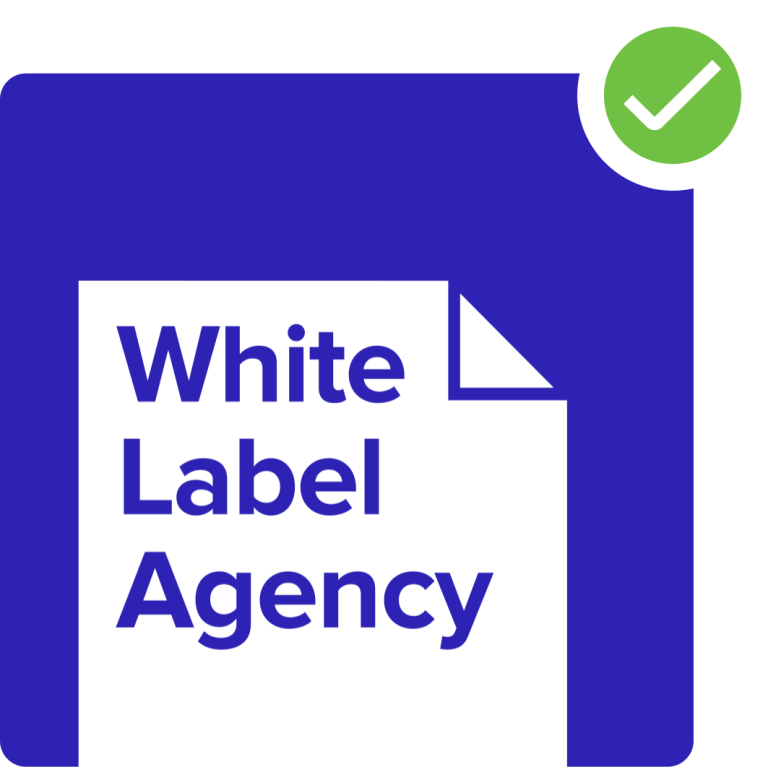In the ever-competitive world of e-commerce, ranking high in search engine results pages (SERPs) is the holy grail for attracting organic traffic and driving sales. But the path to the top is paved with strategic SEO efforts, and e-commerce link building is a cornerstone of a successful strategy.
However, building high-quality backlinks for your e-commerce website can be a daunting task. Fear not, for there’s a plethora of tools available to streamline the process and maximize your e-commerce link building efforts.
Tools for Streamlining Link Prospecting
The first step in any successful E-commerce link building campaign is identifying high-quality websites where you can acquire backlinks. Here, various tools can expedite the prospecting process:
- Competitor Backlink Analysis Tools: Tools like Ahrefs, SEMrush, or Majestic allow you to analyze your competitor’s backlink profiles. This reveals valuable insights into the websites they’ve secured backlinks from, providing a starting point for your own outreach efforts.
- Keyword Research & Topic Exploration Tools: Tools like Google Keyword Planner or AnswerThePublic can help you identify relevant keywords and trending topics within your industry. These insights can be used to target websites that create content on similar themes, presenting potential link-building opportunities.
- Industry Publication Databases: Platforms like Cision or Muck Rack provide access to databases of journalists, bloggers, and industry publications within your niche. Utilize these resources to identify relevant contacts who might be interested in featuring your products or brand in their content, generating valuable backlinks. Additionally, incorporating blogger outreach into your strategy can further expand your reach, as influential bloggers can provide valuable endorsements and links to your e-commerce store, driving traffic and boosting your SEO efforts.
Content Creation & Collaboration
High-quality backlinks are rarely awarded for mediocrity. E-commerce link building often requires creating valuable content that attracts attention and naturally earns backlinks. Several tools can assist you in this process:
- SEO Content Optimization Tools: Tools like Yoast SEO or SEMrush Writing Assistant analyze your content, suggesting improvements for keyword optimization and readability. These tools can help you create SEO-friendly content that ranks higher in search results, increasing the likelihood of attracting organic backlinks.
- Infographic & Visual Content Creation Tools: E-commerce link building can benefit from leveraging visually appealing content like infographics or product showcases. Platforms like Canva or Visme offer user-friendly tools to create stunning visuals that can be shared on social media or embedded on other websites, potentially generating backlinks.
- Broken Link Checker Tools: Tools like Ahrefs Broken Link Checker or Check My Links help you identify broken links on relevant websites within your industry. Reach out to the website owners, offering your content or product as a replacement for the broken link. This outreach strategy can lead to acquiring valuable backlinks while improving the user experience on other websites.
Ready to build a robust backlink profile and witness your e-commerce business soar? TheDigitalXperts is here for you.
Discover how our Local Citations Building can be effective for your e-commerce business for several reasons.
Building Relationships & Managing Outreach
Once you’ve identified potential link-building opportunities, e-commerce link building hinges on effective communication and relationship building. Here are some tools to streamline the outreach process:
- Email Marketing & Outreach Management Tools: Services like Mailchimp or BuzzStream help create personalized email campaigns to target website owners and editors. These platforms often include features like email tracking and scheduling, ensuring your outreach efforts are efficient and timely.
- Social Media Management Tools: E-commerce link building can go beyond email outreach. Platforms like Hootsuite or Buffer can help you schedule and manage your social media presence. Engaging with relevant influencers and industry leaders on social media can build relationships that might lead to link-building opportunities.
- Project Management & Communication Tools: Platforms like Asana or Trello allow you to organize and track your e-commerce link building efforts. These tools create a central hub for storing outreach templates, scheduling follow-up emails, and monitoring the progress of your link-building campaign.
The Human Touch in E-commerce Link Building
While tools play a significant role in e-commerce link building, remember that success ultimately relies on genuine connection and value proposition. Utilize the tools to streamline the process, but don’t forget the human element:
- Personalize Your Outreach: Generic email templates rarely yield results. Craft personalized emails highlighting the value your product or content offers to the target website’s audience. Research the website and demonstrate your understanding of their niche to stand out from other outreach attempts.
- Focus on Building Relationships: Don’t solely approach link building as a transactional process. Aim to build long-term relationships with website owners and influencers within your industry. Engage in genuine conversation, offer your expertise, and contribute to their communities. This fosters goodwill and increases the likelihood of securing natural backlinks.
- Monitor Progress & Adapt Strategies: Regularly analyze the performance of your e-commerce link building efforts. Track the backlinks you acquire, the websites driving referral traffic, and the impact on your website’s ranking. Utilize these insights to adapt your strategies, identify what works best for your brand, and continuously improve your link-building approach.
Conclusion
E-commerce link building is an ongoing process that requires dedication and strategic execution. By leveraging the right tools, focusing on creating valuable content, and prioritizing relationship building, you can attract high-quality backlinks that propel your e-commerce website to the top of SERPs. Remember, SEO is a marathon, not a sprint. Consistency and a commitment to white-hat SEO practices are key to achieving sustainable e-commerce link building success.
Author

Wajid, a tech enthusiast at TheDigitalXperts.com, delves into the latest digital trends and technology advancements. With a passion for innovation, Wajid provides insightful articles to keep readers informed and ahead of the curve.
View all posts






